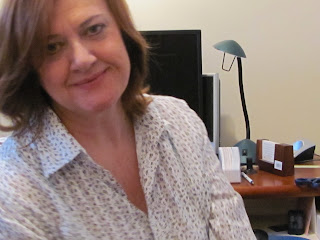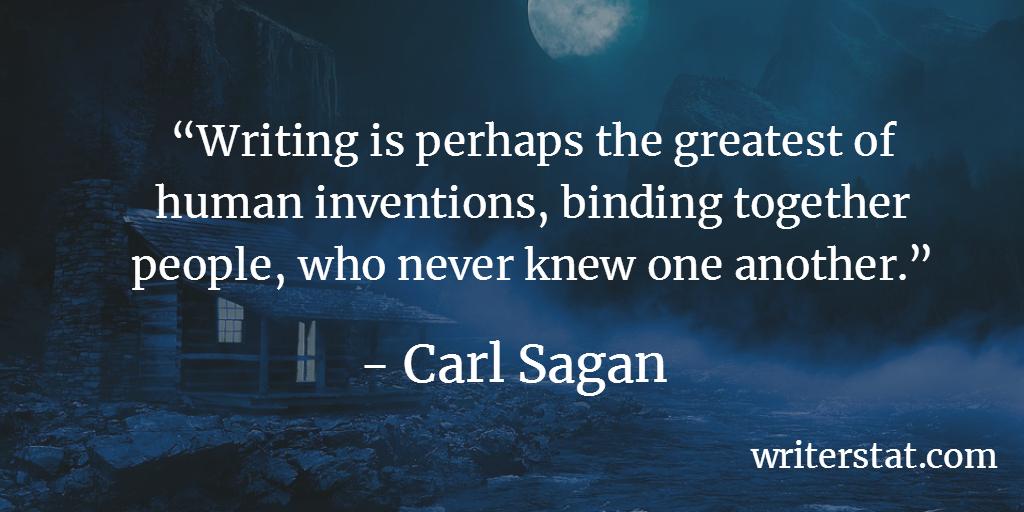(reprint of article from 2011)
As I have mentioned in this blog, writing is something I must do. I write all the time, not always on paper or on the screen, but in my head.
I gather information when I'm out and about, and ponder how to turn it into an article. While working in the garden, doing chores or walking the dog, I write in my mind. When I read something online, I want to write my own version, summarize it, or go off in a new direction from the idea sparked.
Author Judith Couchman has a quote in her book Designing a Woman's Life, "Many competent women have a difficult time distinguishing between passion and workaholism." She points out that a passion feeds you while addictiveness devours you. A passion brings out a fuller, happier person while addiction leads to discontentment and isolation. She also hints that our passion can interfere with our spirituality when we put it ahead of God and nurture of our spiritual being.
Balance is Needed
When you become a writer, it's hard to shut the thoughts off when they seem to be flowing from fingertip to screen so well. Dinners have burned because I've spent time writing in between cooking.
I've spent way too many nights writing into the wee hours of the morning. It's hard to say goodbye to imaginary characters or audiences for the night. It's hard to resist sitting at the computer upon rising to do more writing.
The Need to Get Work Done
When you become a freelance writer working from home, you need to get the work out or you'll have no income. The more you write, the more you will sell and the more income you'll make. It's easy, then, to become tied to your computer.
When you write at home, it's easy to become isolated. And, as with any passion, it's easy to one day hate your passion for its inability to give back and meet your other needs. In other words, when your written passion becomes an addiction, it can rob and cheat you.
What's the Remedy
So what's the remedy? Writers must force themselves to build balance into their lives. They must say no to the keyboard. They must go and visit with family members. They must get fresh air and exercise. They must be involved in more than their writing if they want a balanced life.
How is your balance?
























